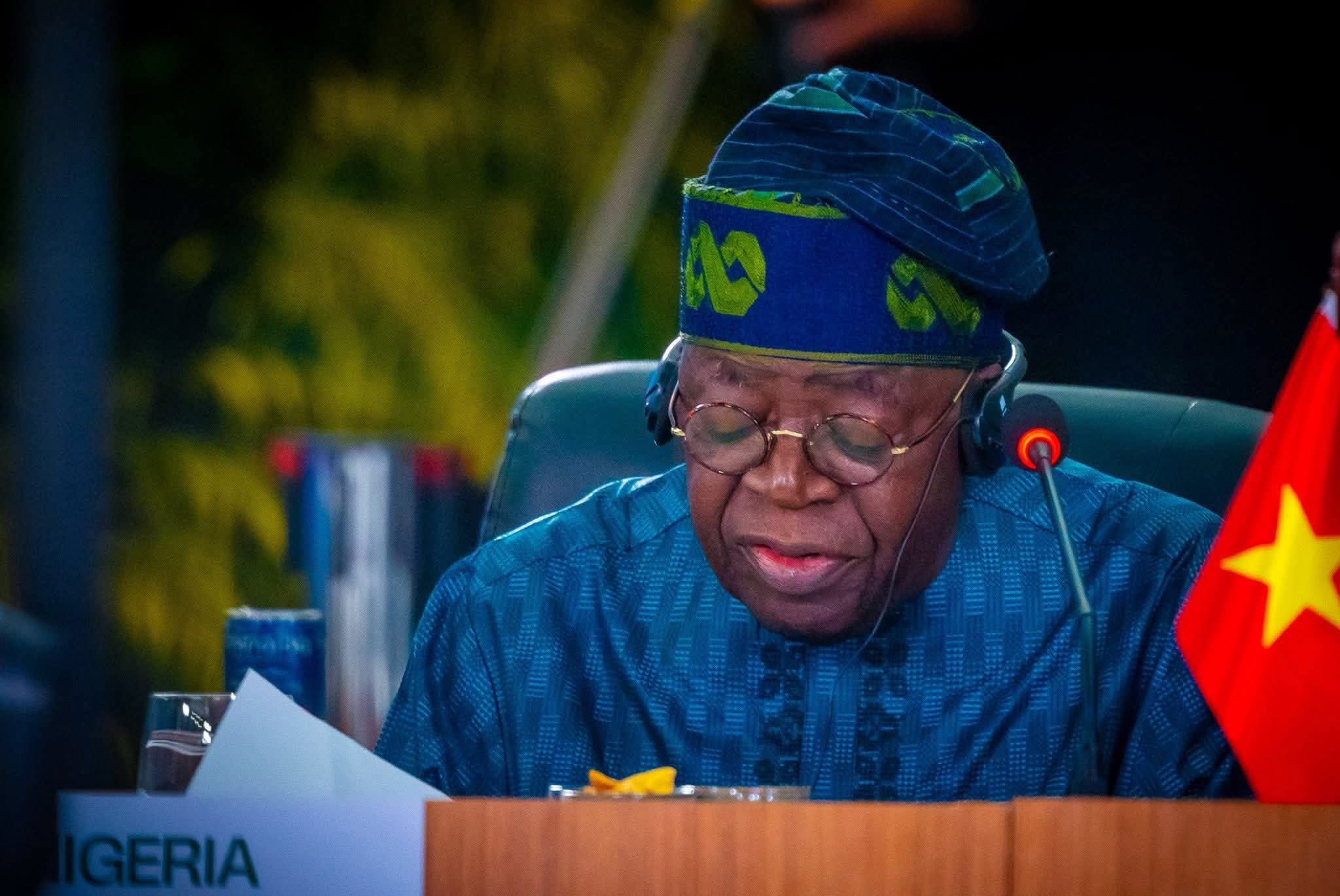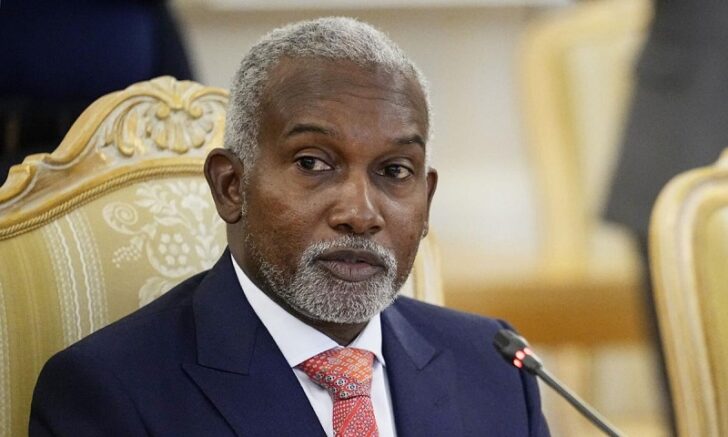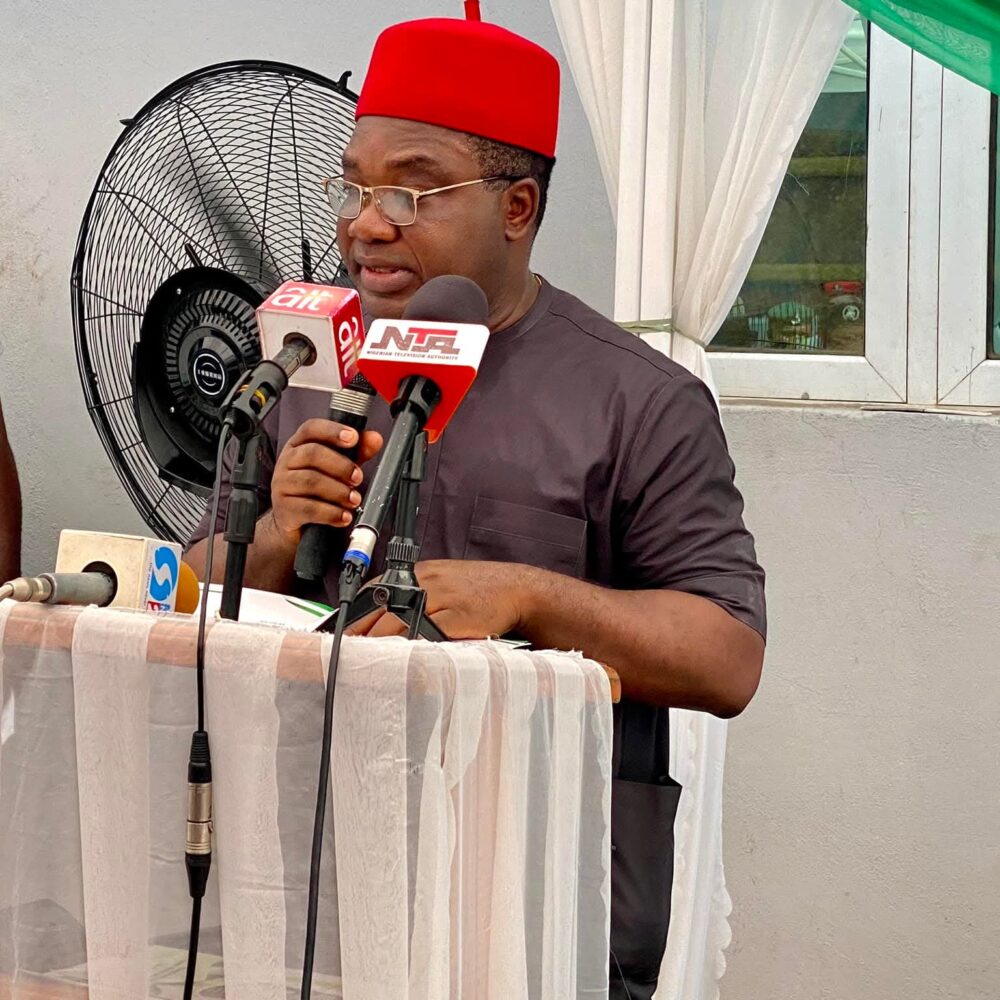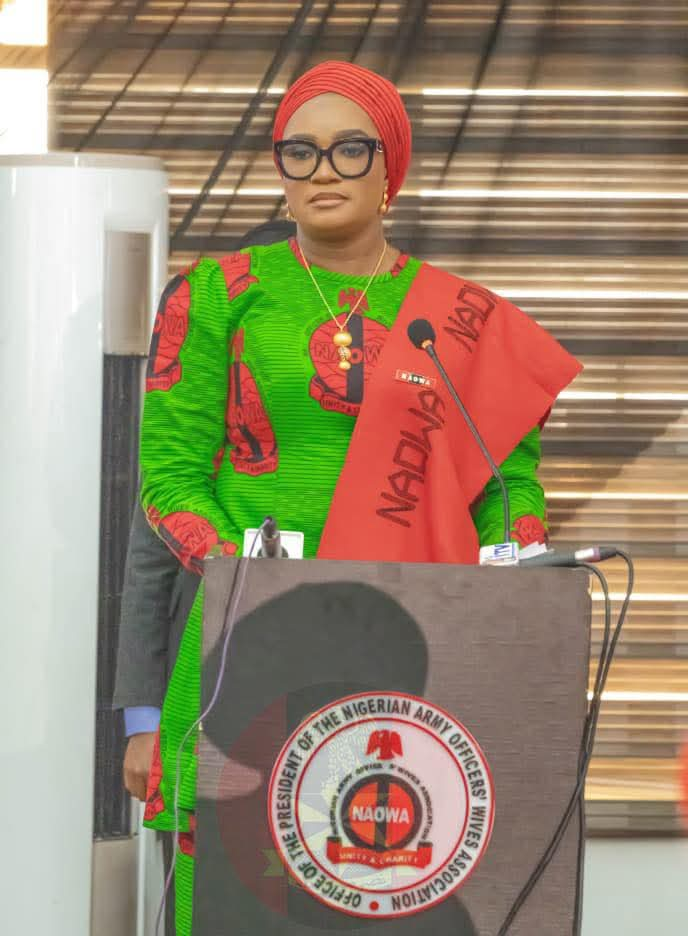President Bola Tinubu has called for a comprehensive reevaluation of the current global governance structure, financial systems, and healthcare frameworks to promote greater equity and inclusion for low-income and emerging economies, particularly in Africa.
Speaking at the 17th BRICS Summit in Rio de Janeiro, Brazil, Tinubu emphasized the need for reform to address pressing issues hindering growth and development.
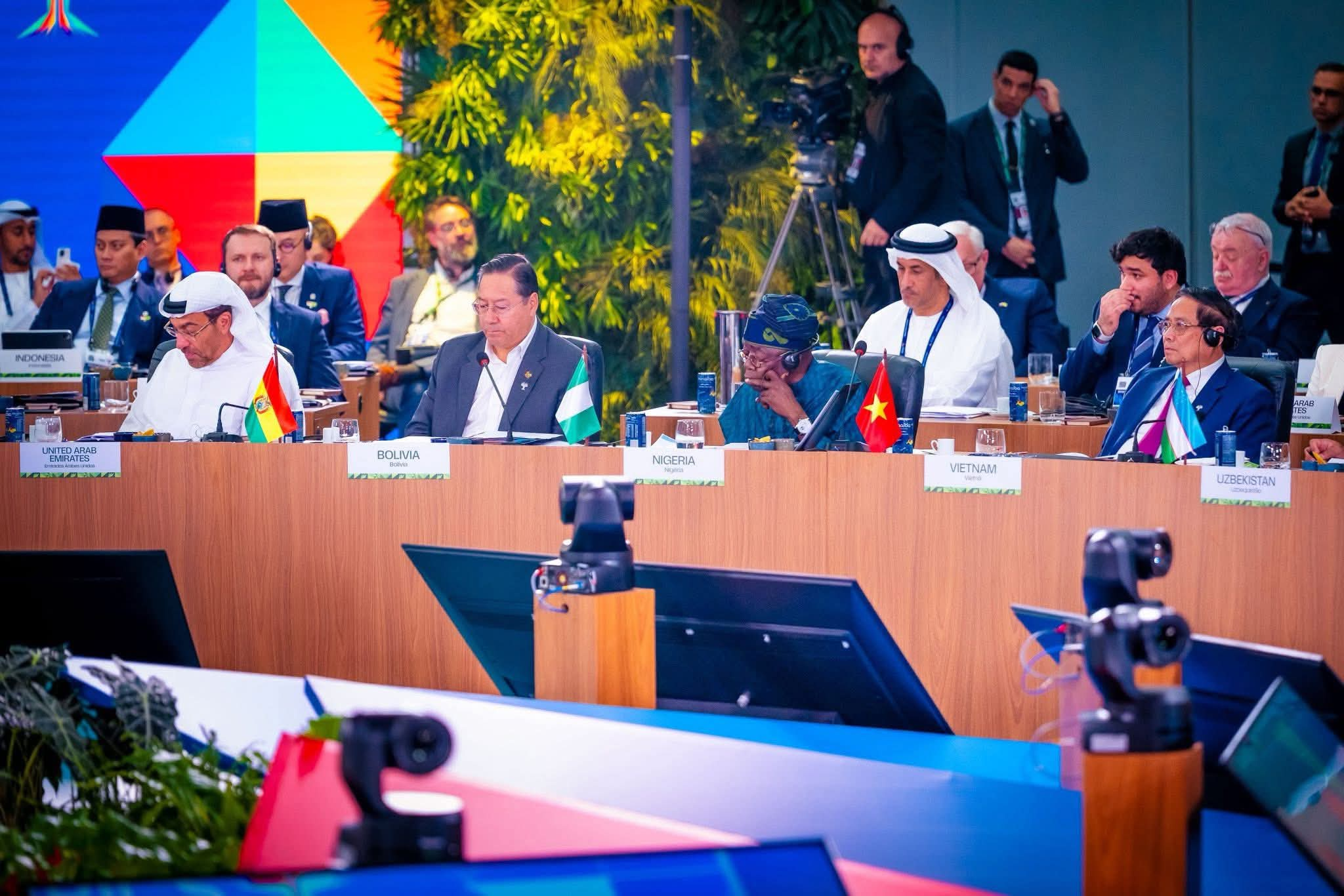

The President highlighted the disproportionate impact of climate change on Africa, despite its minimal contribution to global emissions.
“Africa has contributed the least to global emissions but suffers the most,” Tinubu stated, underscoring the urgent need for climate justice. He emphasized the importance of fairness, sustainable technology transfer, and accessible financing in driving a new global compact.
Tinubu cited Africa-led projects like the African Carbon Market Initiative and the Great Green Wall as examples of the continent’s commitment to environmental solutions. He expressed hope that the upcoming COP-30 Climate Conference will accelerate global cooperation in tackling environmental and healthcare disparities.
The President reaffirmed Nigeria’s commitment to South-South cooperation, climate action, and sustainable development. He further outlined Nigeria’s long-term vision, Vision 2050, which prioritized youth inclusion, climate action, and health equity. Tinubu also highlighted Nigeria’s bold steps to accelerate renewable energy adoption, mainstream climate action, and promote nature-based solutions.
Tinubu emphasized the need for collective action to address non-communicable diseases and build resilient health systems globally. He called on BRICS to evolve beyond economic cooperation and become a global beacon of solutions rooted in solidarity, self-reliance, sustainability, and shared prosperity.
Nigeria’s participation in the BRICS summit mark its debut as a partner country, following its admission in January 2025. The country’s inclusion aligned with Brazil’s priorities during its rotating presidency, including strengthening South-South cooperation and reforming global governance


